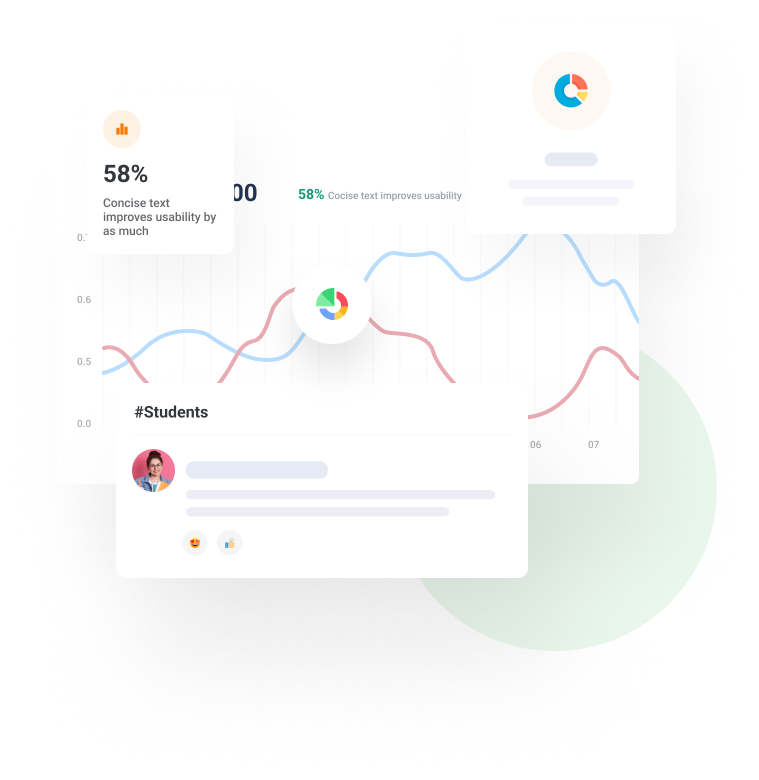Incorporating Learning Sciences’ Best Practices Into STEM Courseware
Published 2024
Authors
Chealsea Gordon
zyBooks, A Wiley Brand
Jane Snare
zyBooks, A Wiley Brand
Yamuna Rajasekhar
zyBooks, A Wiley Brand
Abstract
Pedagogy and learning content designers often struggle to sufficiently implement learning science
principles that have the potential to make learning more efficient. A few of these principles include
managing cognitive load, connecting new information to existing knowledge, and providing timely and
explicit feedback. The principles are rarely disputed. The question is not if they should be implemented,
but rather how to implement them in learning design and online learning environments in particular.
In this paper, we demonstrate how one STEM courseware provider has implemented these principles in
an intentional framework to achieve student-focused, minimalistic, and interactive materials that have
exceeded expectations for student engagement and satisfaction. We consider established e-learning
principles to showcase the efficacy of this innovative pedagogical framework for online digital content. In
particular, we evaluate the framework against Mayer’s Principles of Multimedia Learning that show how to
optimize learning through the lens of the cognitive theory of multimedia learning. Our framework makes
learning easier and more enjoyable by optimizing cognitive load and cognitive processing demands using
Mayer’s multimedia, coherence, signaling, redundancy, contiguity, segmenting, and pretraining principles.
We delineate how these principles are implemented to make an impact on student learning.
Under this framework, we report high engagement in engineering courseware, with > 80% average
reading rates across four different Engineering titles assigned in courses. For computer science titles,
we report that students read shorter passages (200 words or less) at about 200 words per minute, which
is a typical rate, but for longer passages (600+ words), the rate increased to about 800 words per minute,
suggesting skimming rather than reading. When using this framework, attrition in one math course was
reduced from 17.5 to 4.7%, and the fail rate in one CS course was reduced from 22% to 9%. Several
studies show improvement in student grades as a result of using this courseware.
We expand on these research findings and more within the engineering, math, and computer science
disciplines highlighting the positive impact of this framework on student engagement, student attrition,
learning outcomes, and student satisfaction. Limitations in the current framework and additional
opportunities for improvement are discussed.






